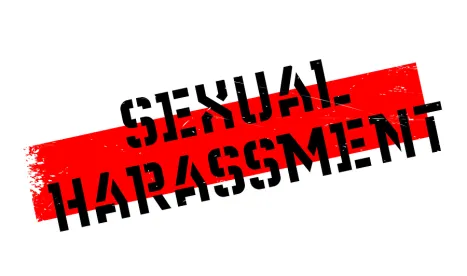Several significant employment law bills relating to sexual harassment are pending before the California legislature which could significantly affect employer practices.
SB-1343 seeks to amend current sexual harassment prevention training for employers. Under current law, employers with 50 or more employees must provide sexual harassment training to supervisors within six months of the supervisor’s assumption of the role, and once every 2 years thereafter. Under the proposed law, employers with 5 or more employees must provide at least 2 hours of sexual harassment training to all employees by January 1, 2020, and once every 2 years after. The proposed law would also require the Department of Fair Employment and Housing (DFEH) to develop a 2-hour training video. Employers may use the DFEH’s training video, or develop their own 2-hour training program to fulfill its obligations under this bill.
AB-1867 would require employers with 50 or more employees to maintain records of employee complaints of sexual harassment for 10 years following the date of the filing. The proposed law would authorize the DFEH to seek an order requiring the employer to comply. It will be interesting to see whether the final bill is amended to include penalties for violations in order to give the bill some teeth.
AB-2366 seeks to amend Labor Code sections 230 and 230.1, which currently bars employers from discharging, discriminating, or retaliating against victims of domestic violence, sexual assault or stalking for requesting or taking related leave. Current law requires employers with 25 or more employees to accommodate requests for leaves for related purposes. The proposed amendment seeks to extend these same protections to employees who are victims of sexual harassment as well, and to protect immediate family members of the victims who take time off from work to provide assistance to victims who seek relief or counseling as a result of the abuse.
The above bills are being reviewed by the Legislature, and if approved, will likely make their way to the Governor by year’s end.





 />i
/>i

